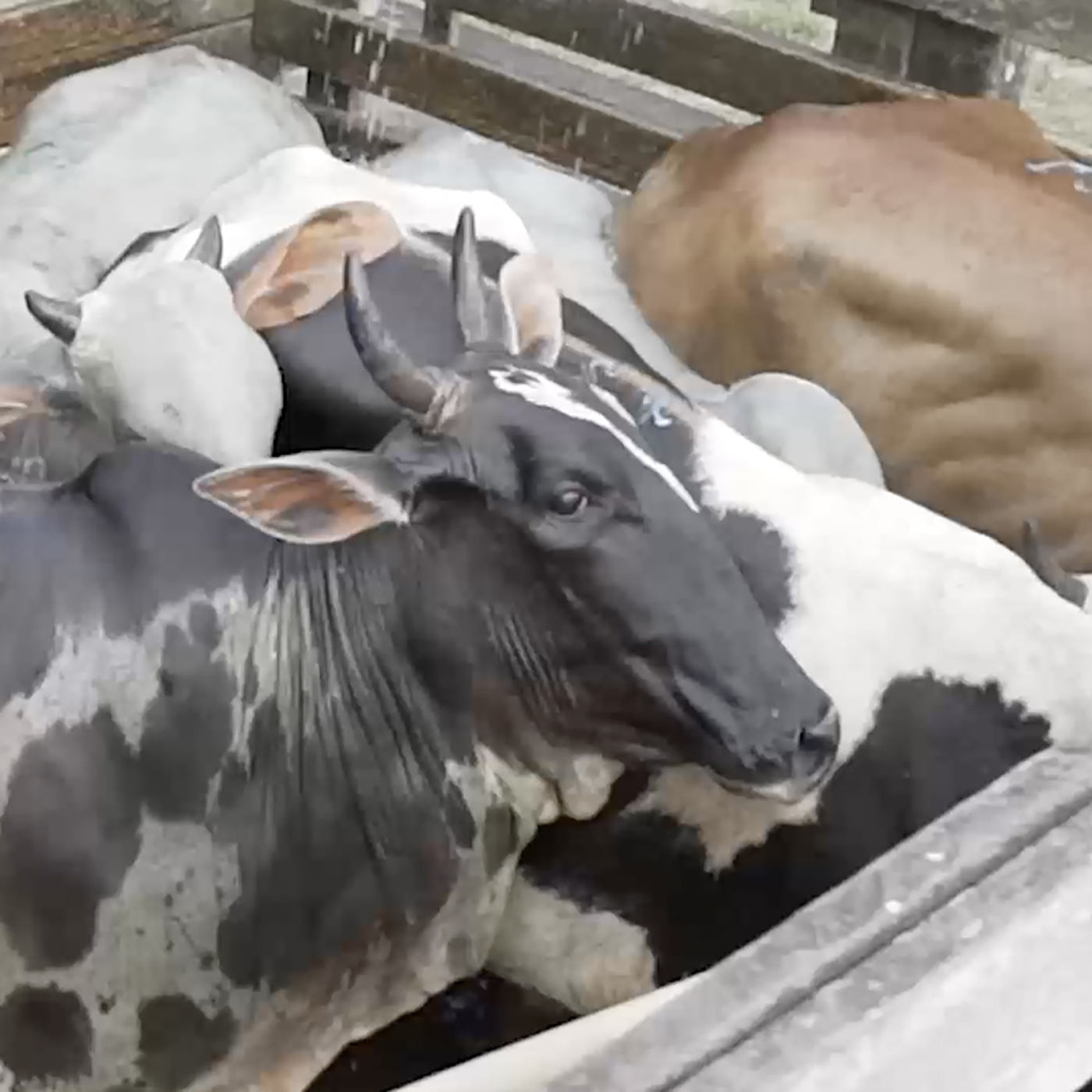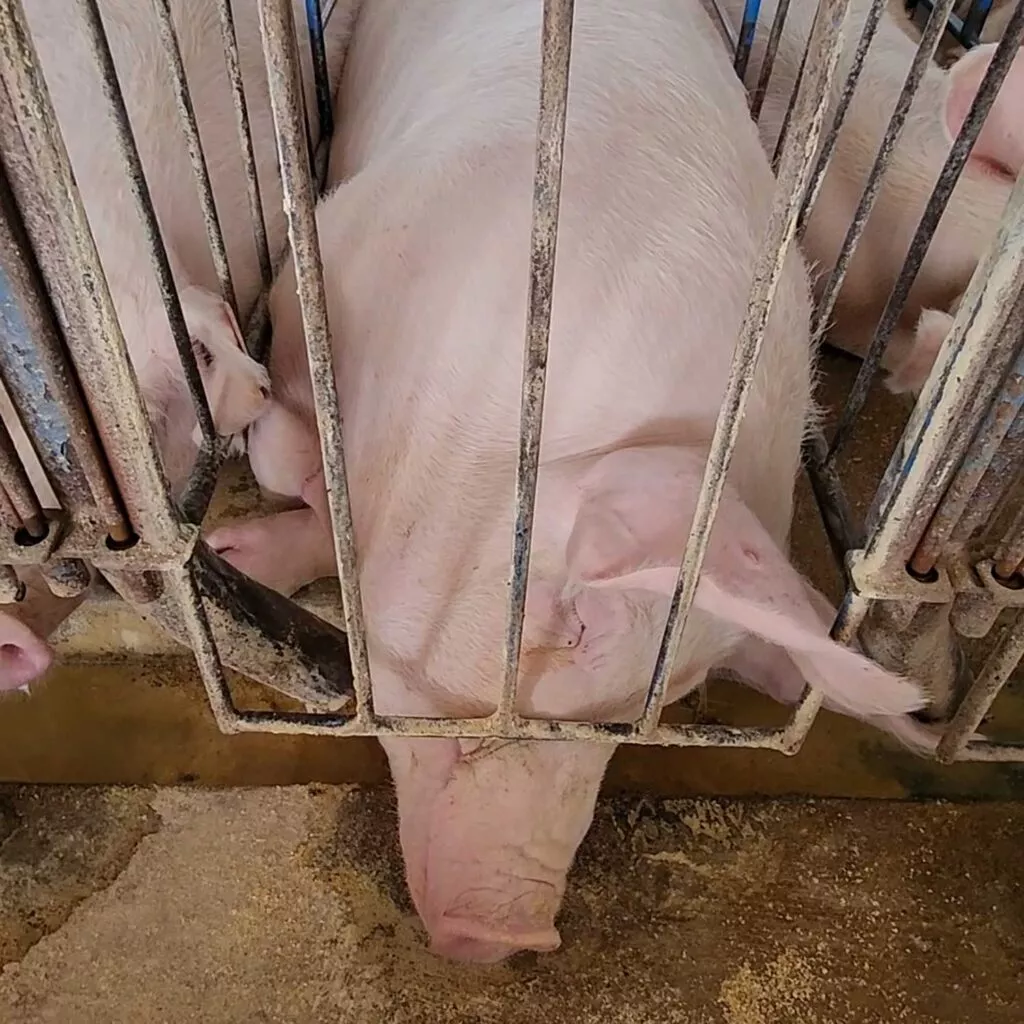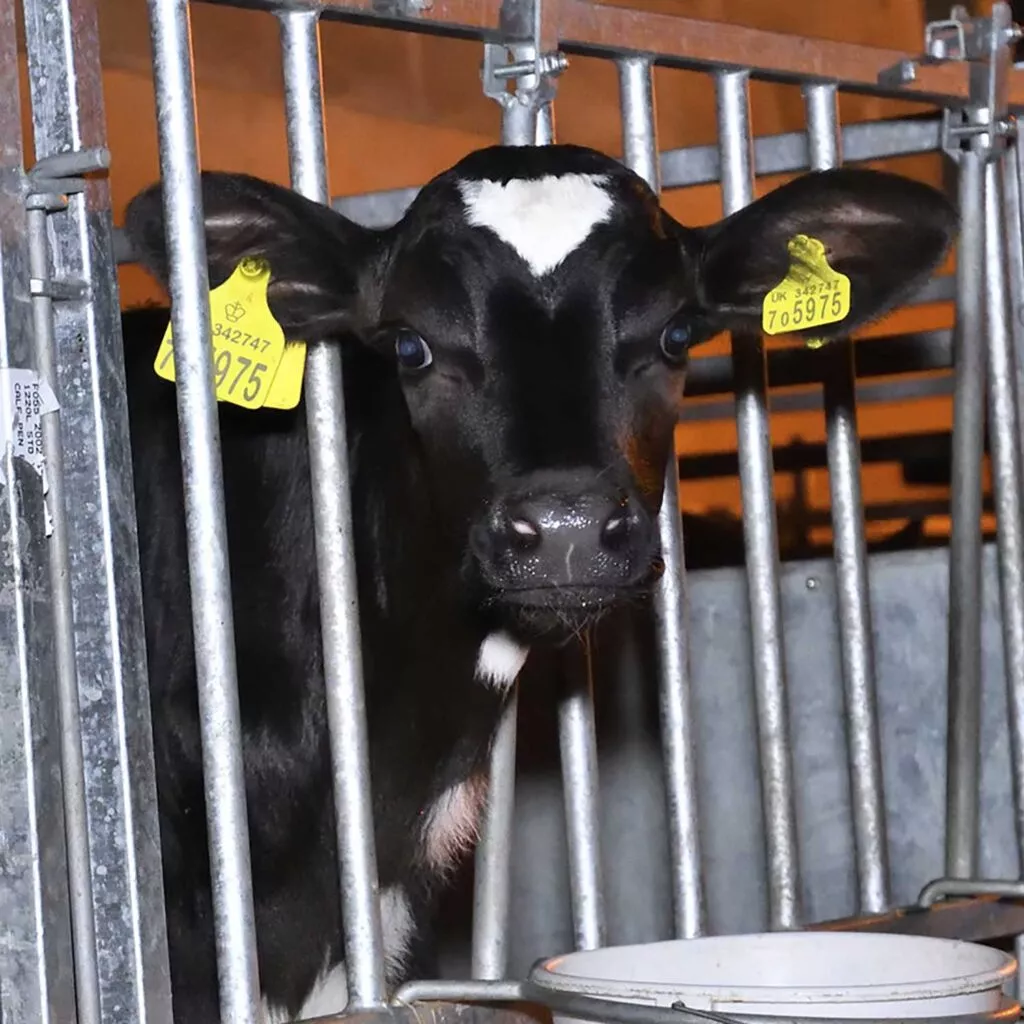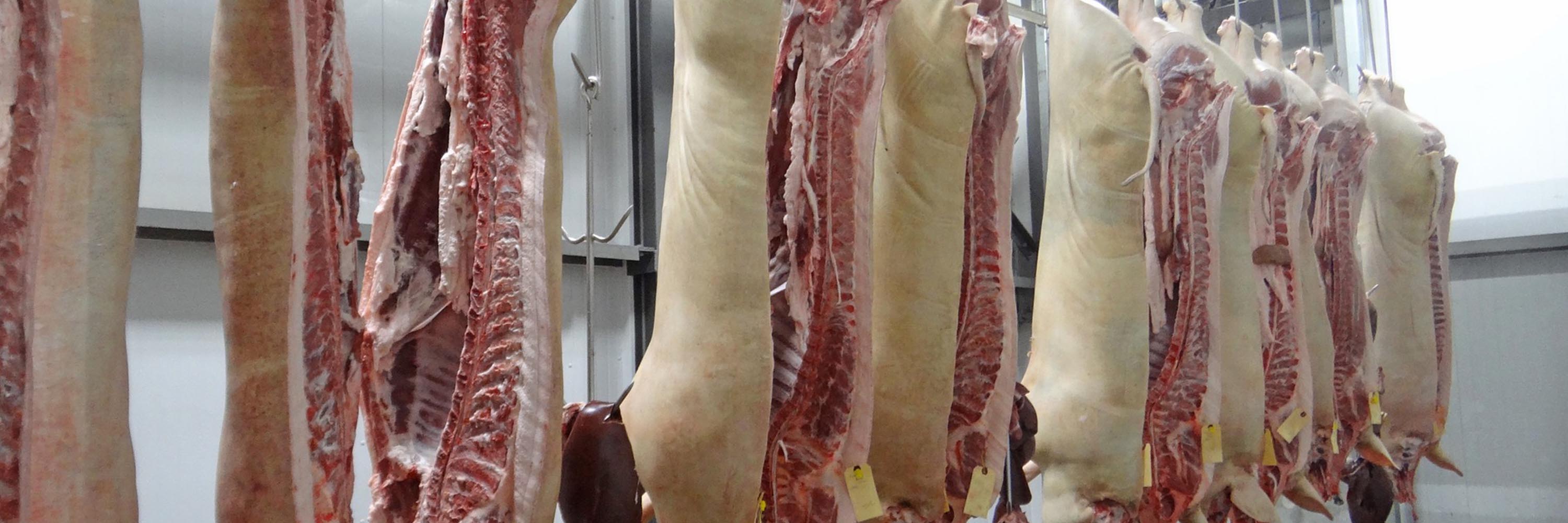
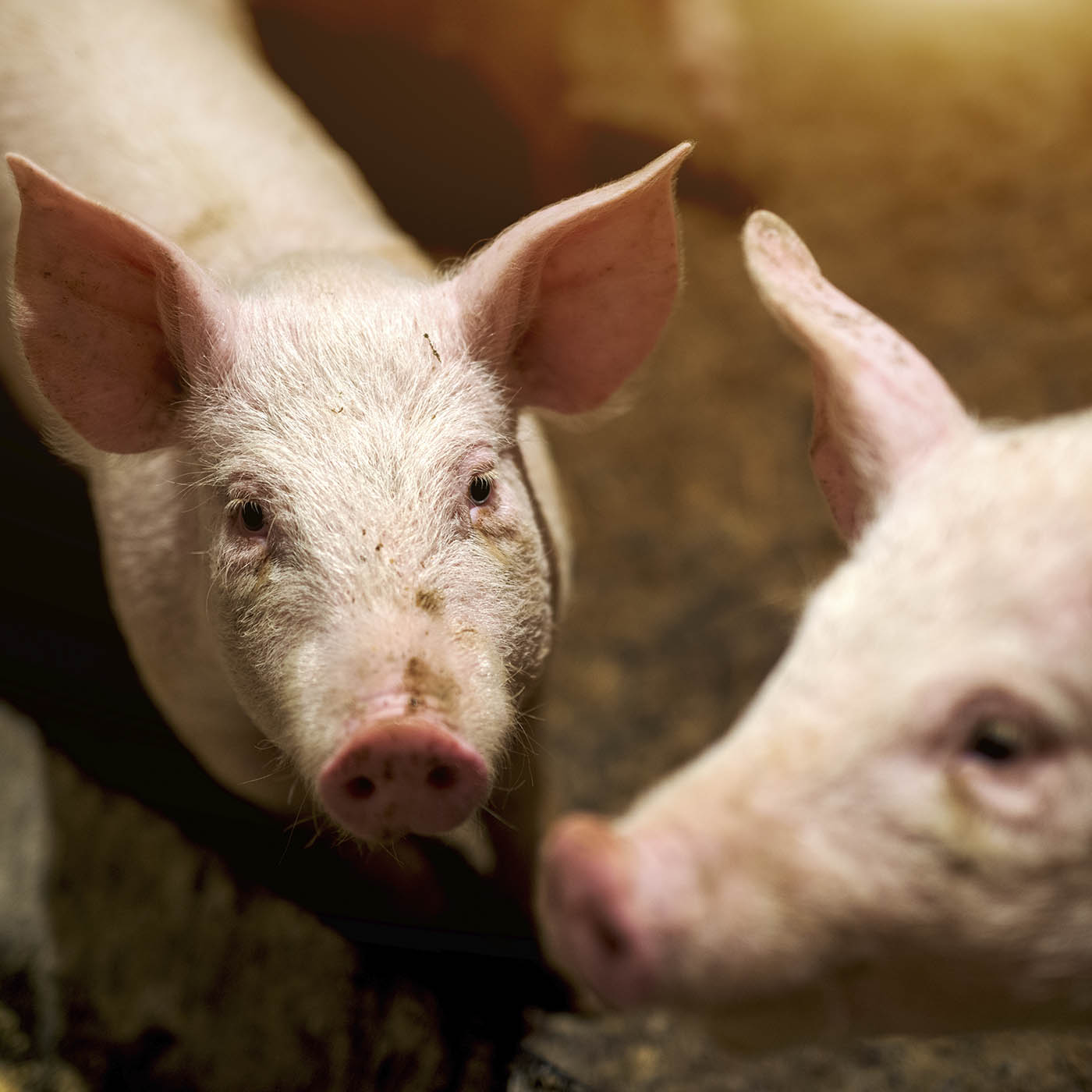
Court Rejects USDA’s Attempt to Derail Lawsuit Challenging Weakened Pig Slaughter Rules
Animal Equality is celebrating today’s ruling, which denied the USDA’s motion to dismiss a lawsuit brought in 2019 by Animal Equality and six other animal and environmental protection groups. The lawsuit challenges the USDA’s decision to reduce oversight at pig slaughterhouses and eliminate limits on the slaughter speeds, exposing pigs to greater suffering and flouting federal humane slaughter, meat inspection and environmental-protection laws.
USDA’S ARGUMENT DENIED: The judge rejected the the USDA’s argument that the harms from its deregulation are speculative, explaining that the plaintiffs plausibly alleged that our organizational missions will be impaired because the challenged rule “will increase the number of pigs who will suffer inhumane handling at slaughterhouses, as well as the overall number of pigs that are factory farmed and slaughtered in the United States.”
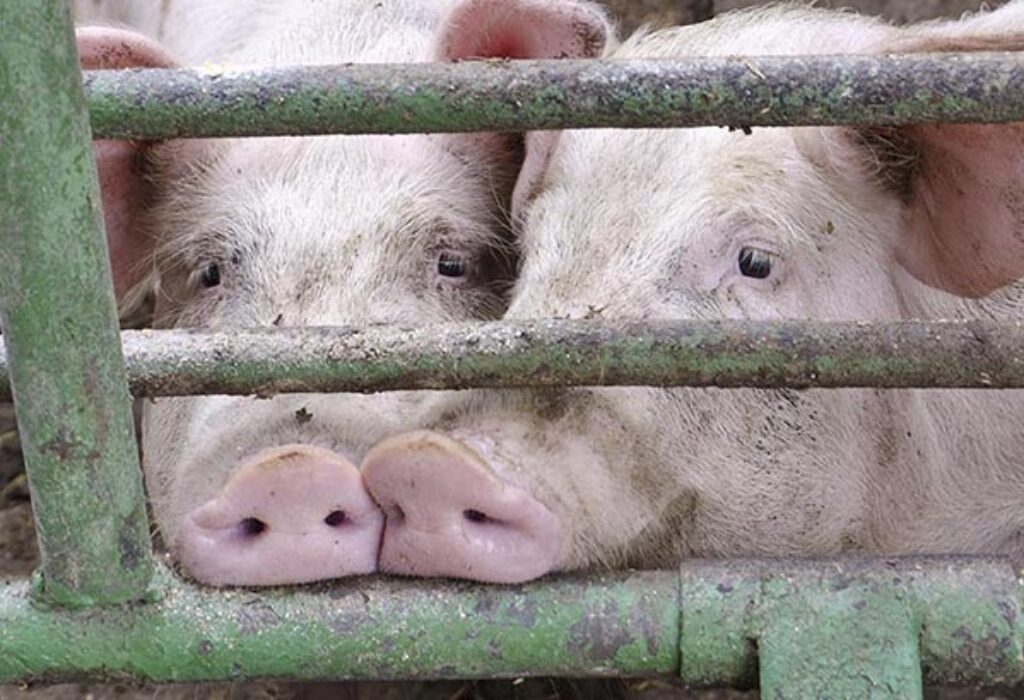
In responding to USDA’s motion to dismiss the case, the groups filed 15 sworn statements with the court detailing the myriad of harms that will flow from pig slaughter deregulation, including a statement from a veteran USDA inspector that details numerous increased risks to pigs and public health that she personally witnessed as a result of faster line speeds.
VETERAN USDA INSPECTOR’S DOCUMENTED OBSERVATIONS INCLUDE:
- Workers raising paddles over their heads to strike pigs.
- An increase in pig carcasses with scalding-tank water in their lungs—an indication that the animals may have still been breathing when dropped in the scalding hot water tank.
- More fecal contamination of pig carcasses.
- Toenails, hair and abscesses entering the food supply.
FASTER LINE SPEEDS DEEMED UNLAWFUL IN OTHER LAWSUIT: Earlier this year in response to a parallel lawsuit brought by the United Food and Commercial Workers International and Public Citizen against this rule, a federal district court in Minneapolis ruled that the USDA acted unlawfully when it eliminated plant line-speed limits without considering the increased risk of injury to plant workers. In May, the USDA responded to the decision by making clear that it would move forward with adopting the Court’s ruling and announcing that establishments operating under the challenged rule had until June 30, 2021 to revert back to a maximum line speed of 1,106 animals per hour.
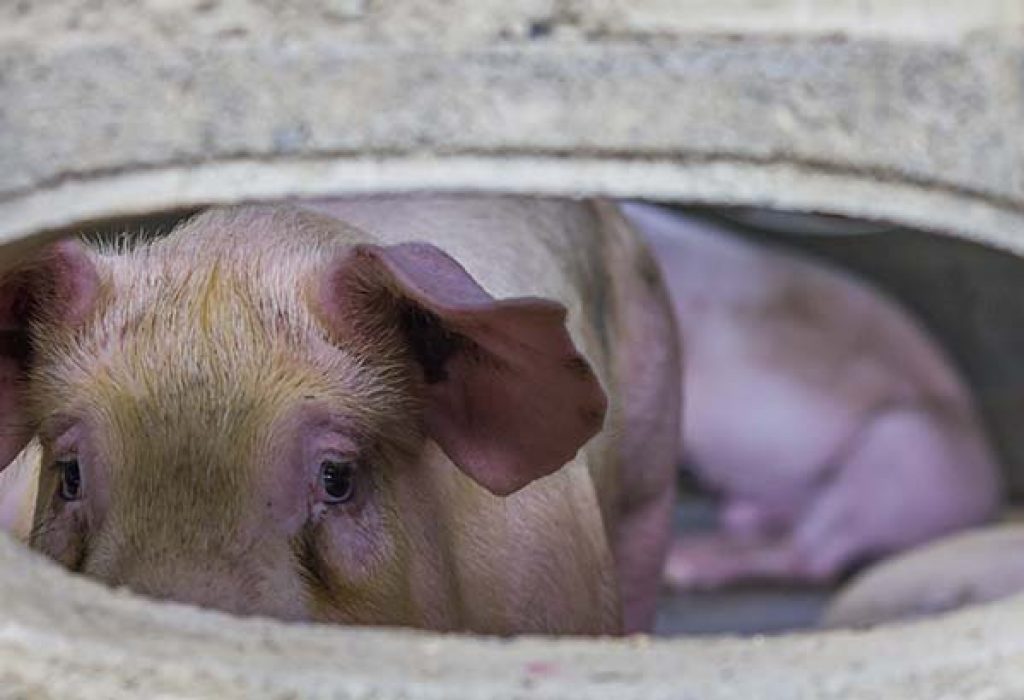
“The USDA’s deregulatory rule increases the likelihood that pigs will suffer inhumane treatment at slaughterhouses before they are killed. Before the rule, federal inspection at these facilities was already very limited. To reduce it even further is to subject millions of these sensitive, terrified animals to even rougher handling and abuse. We are grateful the judge recognized Animal Equality’s interest in stopping this unacceptably cruel outcome.”
Sarah Hanneken, Legal Advocacy Counsel for Animal Equality
OTHER PLAINTIFFS: In addition to Animal Equality, the plaintiffs in the lawsuit are Farm Sanctuary, the Animal Legal Defense Fund, Animal Outlook, the Center for Biological Diversity, Mercy For Animals and North Carolina Farmed Animal Save. They are represented by the Center for Animal Law Studies’ Animal Law Litigation Clinic (ALLC) at Lewis & Clark Law School, the only law school clinic in the world dedicated to farmed animal advocacy, with attorneys from the Center for Biological Diversity and Lewis & Clark Law School’s Earthrise Law Center serving as co-counsel.
WHAT YOU CAN DO: The best thing you can do to ensure that you’re not contributing to the suffering of pigs and other animals is to simply leave them off your plate! With all of the delicious meat-free options available, there’s simply no reason not to try plant-based.
Stay up to date on this and other animal protection news!
Recommended
